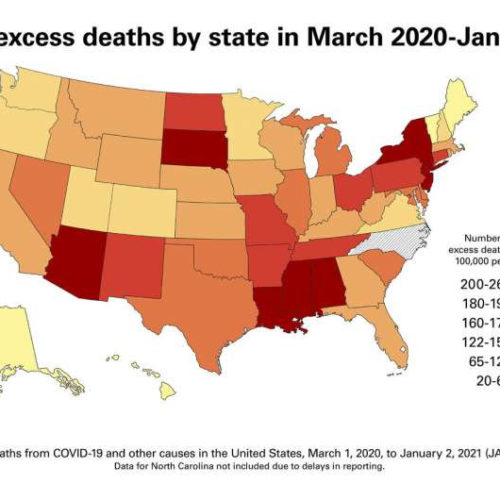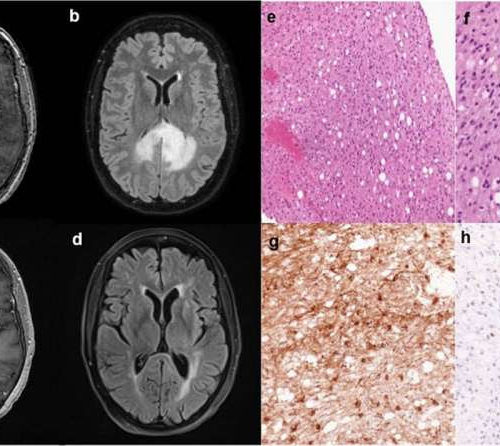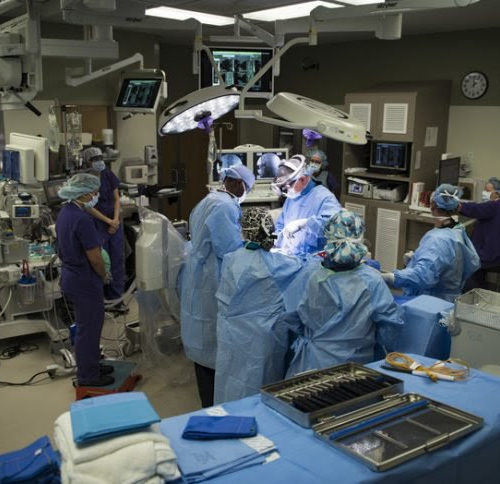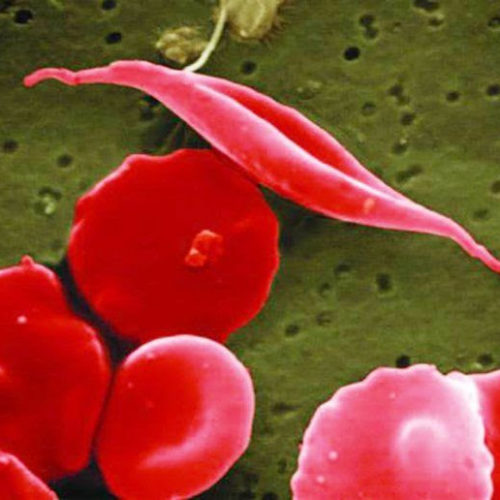by Virginia Commonwealth University A map of the United States showing the rate of excess deaths. The Dakotas, New England, the South and Southwest had some of the highest excess deaths per 100,000 people during the final 10 months of 2020. Credit: Virginia Commonwealth University Extended surges in the South and West in the summer and...
New diagnosis scores make it easier to identify heart failure with preserved ejection fraction
by Adam Pope, University of Alabama at Birmingham Credit: CC0 Public Domain In a recent study published in the ESC Heart Failure by University of Alabama at Birmingham researchers, two newly recommended scores are very effective in diagnosing heart failure with preserved ejection fraction, a type of heart failure that is challenging to detect. The scores may also...
For older patients, focusing on what matters is often the best medicine
by Jane E. Dee, Yale University Credit: Unsplash/CC0 Public Domain A woman in her 80s wanted to play with her great-grandchildren when they came to visit, but knee pain made it difficult for her. A man in his late 70s said he enjoyed going out to dinner, but was constrained by the meal preparation guidelines that...
Case study of rare nervous system tumor reveals hypermutation
by Jennifer Chen, Yale University Fig. 1: Imaging and histopathology of the low-grade glioma. Credit: npj Precision Oncology (2021). DOI: 10.1038/s41698-021-00143-w While deadly, gliosarcomas are a rare central nervous system tumor often overshadowed in research by more common tumors. These sarcomas can occur either in the brain or the spine (the latter is much less common). A team...
Whole-body screening and ed. in melanoma-prone families may improve early detection rates
AMERICAN ASSOCIATION FOR CANCER RESEARCH Bottom Line: Among patients at high risk of melanoma, those who received routine skin cancer screening and education about skin self-exams were significantly more likely to be diagnosed with thinner and earlier stage melanomas. Journal in Which the Study was Published: Cancer Epidemiology, Biomarkers & Prevention, a journal of the American Association...
Baby aspirin linked to lower risk of colorectal cancer death
CEDARS-SINAI MEDICAL CENTER IMAGE: JANE C. FIGUEIREDO, PHD CREDIT: CEDARS-SINAI Long-term, regular use of baby aspirin–at least 15 times per month–prior to a diagnosis of colorectal cancer (CRC) may reduce the risk of death from the disease by limiting the spread of cancerous tumors pre-diagnosis, according to a study led by Cedars-Sinai Cancer researchers. While previous research...
Intellia announced a new tool for gene editing
Jason Mast Editor Alexis Komor David Liu, the Harvard biochemist, was sitting in a meeting last week when his phone started buzzing repeatedly. Unbeknownst to him, minutes prior the CRISPR company Intellia had finished unveiling their approach to base editing at a Cold Spring Harbor Lab conference. First pioneered by Liu and his lab in...
HOW YOUR BRAIN FIGURES OUT WHAT SENTENCES MEAN
“It has been unclear whether the integration of this meaning is represented in a particular site in the brain, such as the anterior temporal lobes, or reflects a more network level operation that engages multiple brain regions,” says Andrew Anderson, research assistant professor in the University of Rochester Del Monte Institute for Neuroscience and lead author of...
Study identifies potential biomarkers for cognitive struggles after surgery
But up to half of older patients undergoing surgery face a lesser-known but similarly formidable cognitive challenge: postoperative delirium, a condition triggered by a surgery that requires anaesthesia and whose trademarks are confusion, disturbed mental faculties, loss of orientation and anxiety. In the worst cases, postoperative delirium leads to extended hospital stays, admission to long-term...
UC Consortium Launches First Clinical Trial Using CRISPR to Correct Gene Defect That Causes Sickle Cell Disease
Scientists at UC San Francisco, UC Berkeley and UCLA have received U.S. Food and Drug Administration approval to jointly launch an early phase, first-in-human clinical trial of a CRISPR gene correction therapy in patients with sickle cell disease using the patient’s own blood-forming stem cells. The trial will combine CRISPR technology developed at Innovative Genomics Institute (IGI)...








